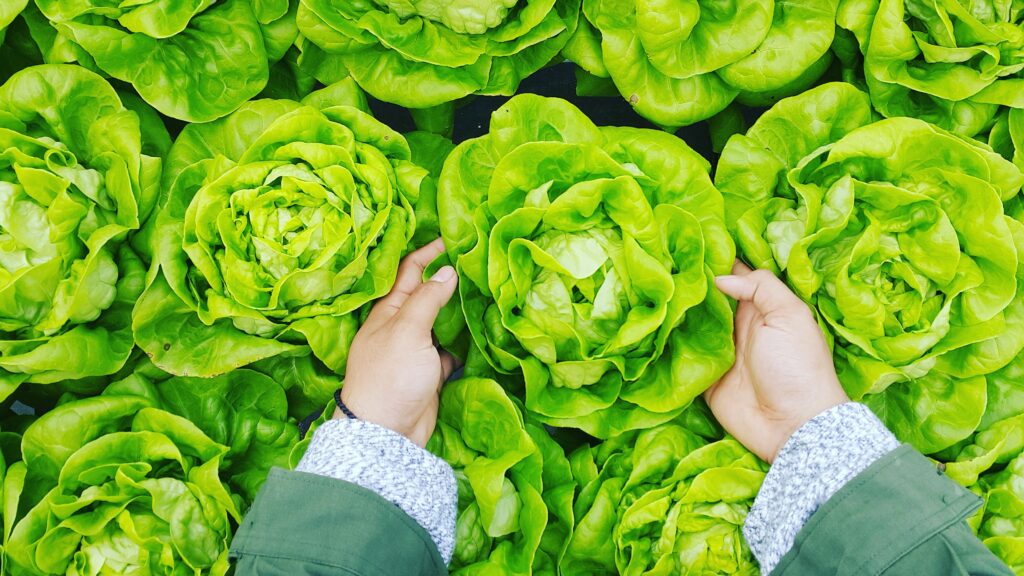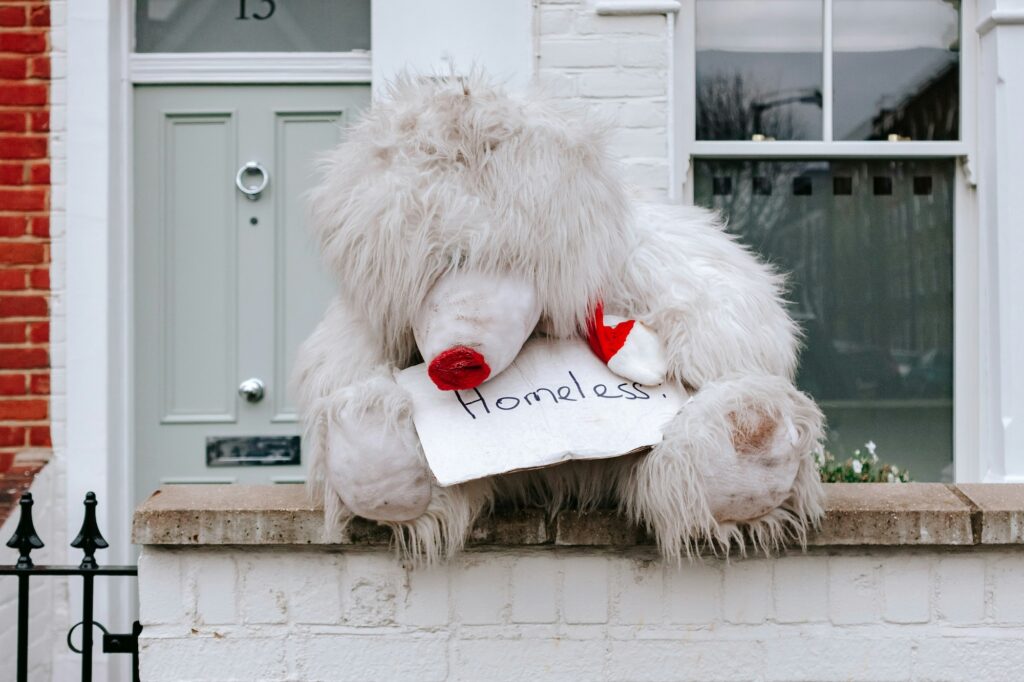Erica Vernon assesses the impact of One Planet Smallholdings and their potential for fostering sustainable ways of living in Wales.
In 2010, a new national planning policy was quietly introduced.
The policy for “One Planet Development” would allow the creation of new sustainable smallholdings in the open countryside, subject to meeting a set of stringent criteria. One Planet Developments, or OPDs as they have become known, would have to support nature and biodiversity on site, construct Zero Carbon dwellings, make a modest land-based income, generate some of their own food and energy on site, and live with a low ecological footprint – using only a fair share of the resources of “One Planet”.
It’s fair to say that this did not open any floodgates. Since 2010, only a slow trickle of planning applications has come in for One Planet Development, with the total now numbering approximately forty, mainly in South West Wales. Twelve years on, the One Planet Council, an independent voluntary body which works to support and promote the One Planet Development policy in and beyond Wales, has undertaken a comprehensive review of the evidence about the success of OPD sites and how to break down the barriers to further uptake.
Our first conclusion is perhaps the most exciting: One Planet Developments in Wales are meeting their targets. While living with a One Planet ecological footprint, they have built zero carbon homes, set up new land-based businesses and created habitats to support nature and biodiversity across Wales. Evidence from a survey of permitted OPD sites shows that residents have stepped up to the challenge of doing all this in just five years. Silvia Tippins, OPD smallholder at Tŷ Gwennol near Llanboidy, Carmarthenshire, describes the workload: “Building an eco-house from scratch as well as a land-based business, while managing a day job and raising our two children has been a titanic effort and the toughest challenge of our life.” But after all that effort, their business is thriving: “Our oat milk business has been successful from the word go, with more demand than we can fulfil. Our customers are so supportive about the project and happy they can buy a product that is very low carbon and is zero-waste.” Like other OPD residents, Silvia is deeply committed to the principles of One Planet Development: “The dream of living ecologically with minimum impact on the planet’s resources is something that has always been at the core of our ethical outlook in life.”
Innovative. Informed. Independent.
Your support can help us make Wales better.
What the Review highlights is that One Planet Development sites and residents show the way forward for Wales to become a One Planet Nation. From small behavioural changes to major adoptions of new technologies, these households are demonstrating modern and innovative ways of living with renewable energy, active travel, cohesive local communities, and shared prosperity at sustainable levels of consumption. We also find that One Planet Developments make greater than average use of the Welsh language, contrary to the expectations of some detractors, and we recommend that support for the Welsh language should be made a contributory assessment criterion. Sioned Haf recently received permission for a One Planet Development at Llwyn Pur near Llansadwrn, Carmarthenshire, where she grew up: “The OPD policy has given me and my family a chance to live locally, to create meaningful work for ourselves and to build an affordable home in the area I was raised in.” Sioned thinks the OPD policy could help to support the future of young people in Wales’ rural areas: “I see a great potential for the policy to help others in our circumstance who want to stay or return to their place of origin, to do so, whilst consequently invigorating the Welsh language, and create exciting small and sustainable businesses that contribute towards a local, green and cyclical economy.”
Despite these resoundingly positive conclusions, we find that there are high barriers to entry – evidenced by the low numbers of applications – which could be reduced through targeted action. The Review looks at the barriers to entry through a framework of Equality, Diversity and Inclusion (EDI), finding that the policy could be made clearer and more accessible while maintaining the strong requirements for ecological, economic and social sustainability. Addressing EDI considerations and evolving the policy so that it is more accessible to all potential applicants will also reduce the burden on planning departments.
One Planet Development is an exemplar of the kind of policy needed to meet Wales’ aspirations of tackling the climate and biodiversity crises, achieving “Net Zero” carbon, revitalising rural and Welsh-language communities, and prioritising the well-being of future generations. As Sophie Howe, Future Generations Commissioner, says in her Foreword to the Review, “Supporting the principles of One Planet Development, as a planning policy and a wider principle of sustainable development, will help us to achieve a vibrant, prosperous and resilient Wales with a globally responsible ecological footprint.”
The Review of One Planet Development in Wales was published on 20th September 2022 and is available to download here.
All articles published on the welsh agenda are subject to IWA’s disclaimer.





